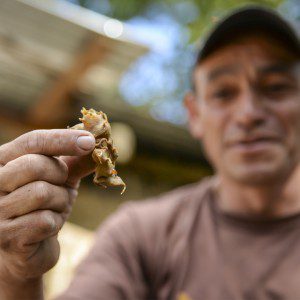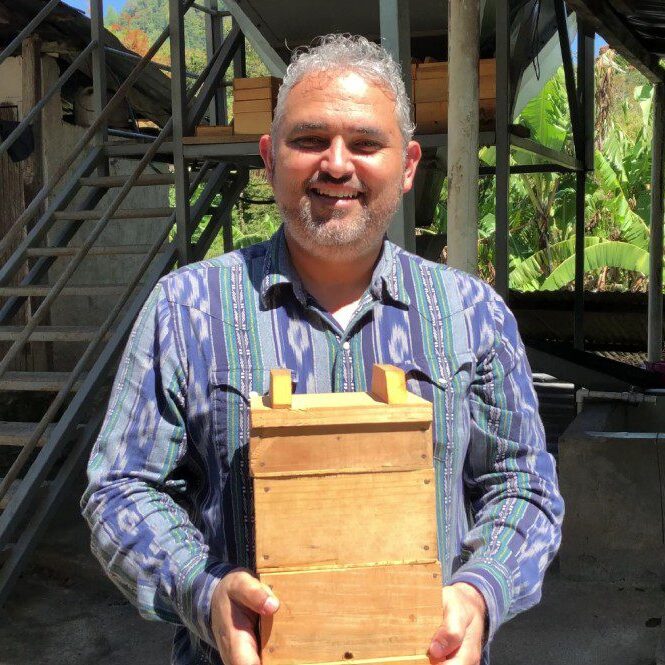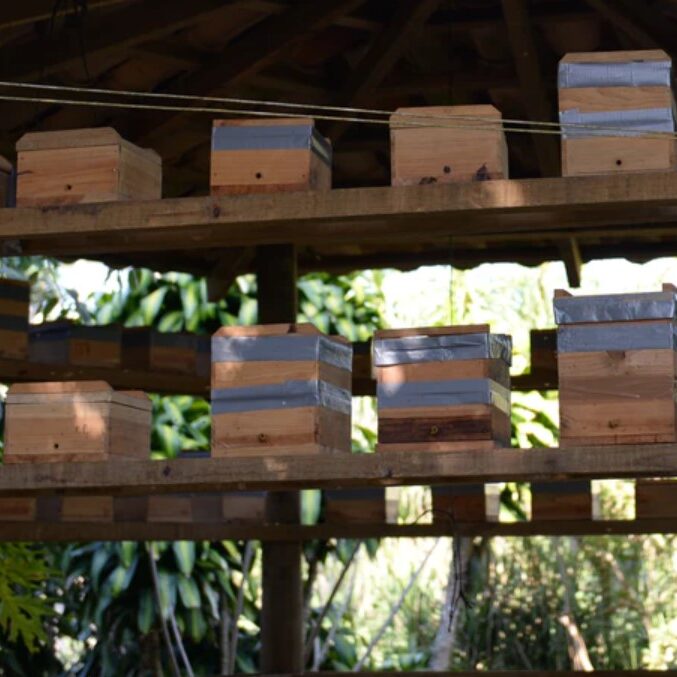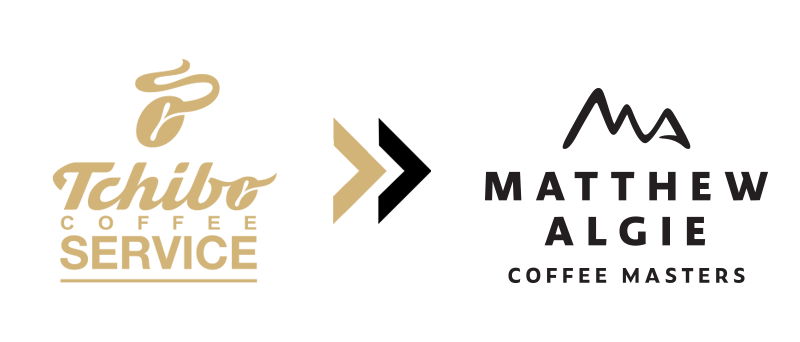These coffee farmers have been busy as bees diversifying their income.
September 27th, 2022 | Sourcing & Sustainability
In late 2020 we decided to invest in a project at the Capucas cooperative in Honduras that aimed to make their farming community more sustainable – The Capucas Honey Bee Project.
This cooperative, which borders the Celaque national park in western Honduras, has 800 active farming members, of whom, 50 were selected to receive new beehives for their coffee families.
 Many of you will now be asking yourself, “what do bees have to do with coffee farming?” Well, the answer is two-fold.
Many of you will now be asking yourself, “what do bees have to do with coffee farming?” Well, the answer is two-fold.
- Income Diversification:
Farmers need viable income diversification strategies to help provide sustainable livelihoods.
- Yields & Biodiversity:
Bees on the farm can promote pollination in coffee plants and other crops such as citrus and avocados. Research has shown it can increase productivity by up to 5% in coffee and up to 30% in other species.
Honey production is a tried and tested strategy at Capucas. The cooperative has commercialised the process, developing a small honey processing plant and a warehouse space where it is stored under conditions that ensure its quality.
Capucas had ambitious plans for expansion, looking to incorporate more producers into the process and strengthen its chain of beekeepers.
Matthew Algie has had a relationship with Capucas for more than 20 years, and we wanted to play our part in helping this expansion. Step forward The Capucas Honey Bee Project.
With 50 new aperies, each consisting of two hives and all the infrastructure, equipment, materials necessary for beekeeping, this 18-month long project has proved to be the bee’s knees.
Carried out in partnership with Fundación Amigos Del Café (Friends of Coffee Foundation), phase one of the initiative saw the installation of hives, basic equipment, and technological kit across the 50 selected sites.
Phase two would focus on the development of farmers’ beekeeping skills. This included; training on the biology of bees and installation of apiaries, modern management of hives, training on frequent diseases that affect bees and how to treat them, increasing the number of hives, harvesting and honey processing. All of which were essential to achieving the primary income diversification and improved yields goals of this project.
 |
 |
With the project now concluded, and despite the many challenges brought about by the COVID-19 pandemic, we can happily report that the 50 selected coffee farmers within the Capucas cooperative have been busy as bees plying their newfound trade.
Each of them now has the means to produce honey for their own consumption and, more importantly, to sell.
Many of the producers who are members of the cooperative now have an additional source of income without having to diversify their crops and reduce coffee production.
Omar Rodriguez (pictured above), General Manager at the Capucas Co-operative, said, “We would want to say thank you to Matthew Algie for their support of Honey Bee Project. The honey these bees produce is very special. In Honduras we use at a medicinal honey for people’s throat and eyes. With the money it provides we can support more farmers here in Capucas.”
The tangible benefits of a project like this clearly illustrate why it is important that we here at Matthew Algie, along with the wider coffee community, continue to support the farmers who are the bedrock of our supply chains.
By helping to enable more sustainable coffee farming practises, we are helping to secure a bright future for the coffee industry.
